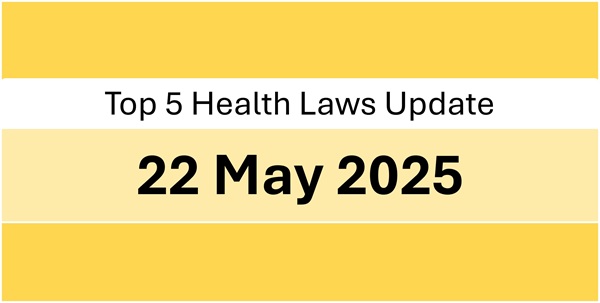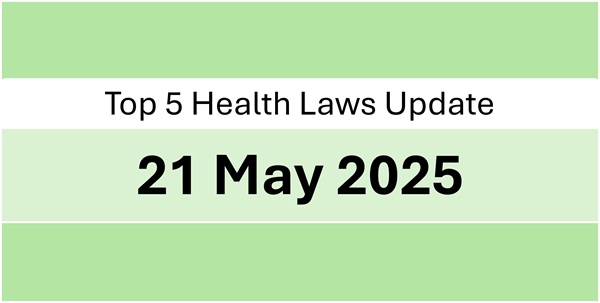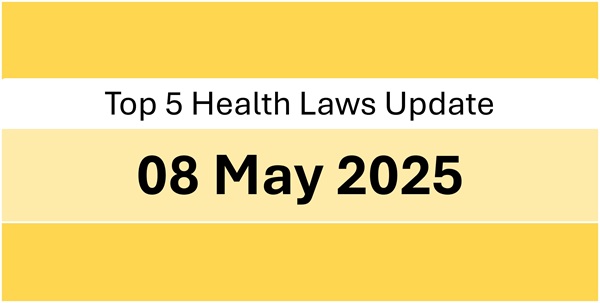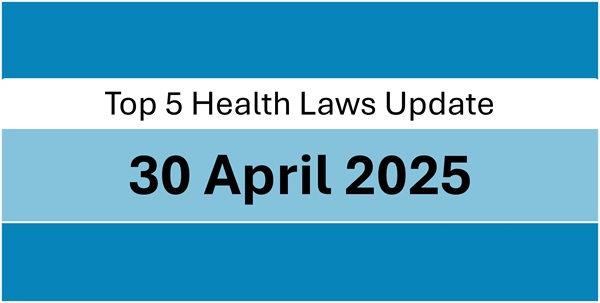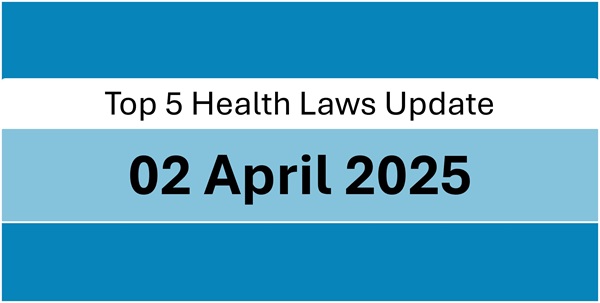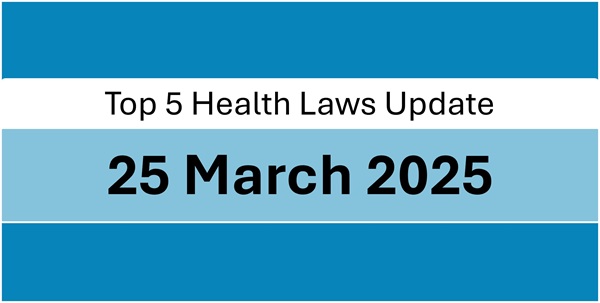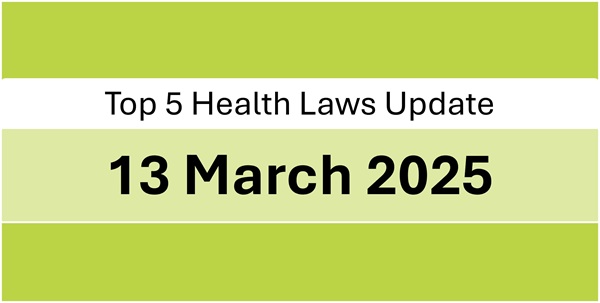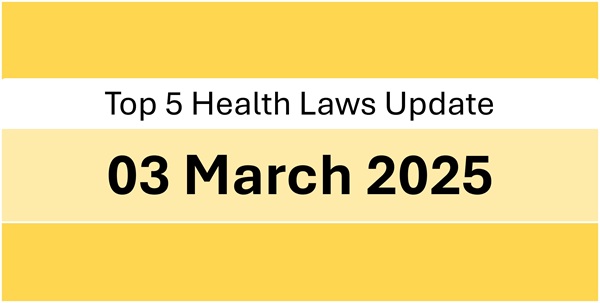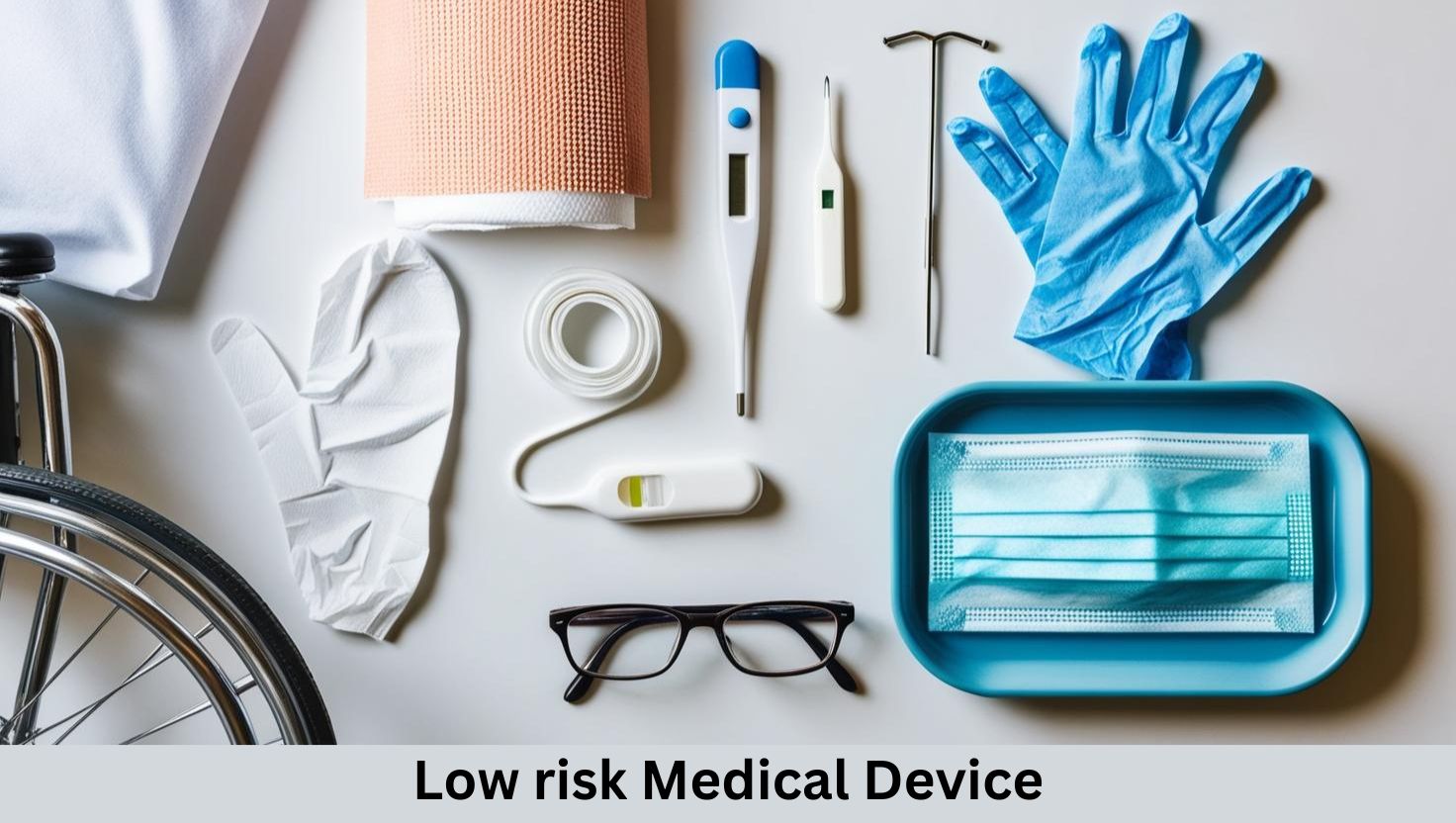The regulatory landscape for medical devices in India has evolved significantly, with the recent focus on regulation of non-sterile, non-measuring medical devices in India.
On October 14, 2022, India’s medical device regulator, the Central Drugs Standard Control Organization (“CDSCO”), notified a new category of Class A Non-Sterile Non-measuring (“NSNM”) medical devices by way of an amendment to Medical Devices Rules, 2017 (“MDR”).
These medical devices although are low risk medical devices, they still have to meet standards for safety, quality, and performance. Whether you’re a manufacturer, importer, or distributor, understanding these regulations is crucial for ensuring your products meet the necessary requirements for market entry.
1. What are Class A medical devices?
Class A medical devices are considered to be low-risk devices. The classification of medical devices is determined according to the parameters set forth in the First Schedule of the Medical Devices Rules, 2017 (MDR). Class A devices are further divided into two categories:
- Non-Sterile, Non-Measuring (NSNM) devices
- Sterile and Measuring devices
2. Who determines risk classification of Class A medical devices?
The risk classification of medical devices in India is determined by the Central Licensing Authority, which is the Central Drugs Standard Control Organisation (CDSCO).
3. What are non-sterile medical devices?
Non-sterile medical devices are those that are marketed in a non-sterile state
4. What are non-measuring medical device?
The non-measuring medical devices are medical device that are not intended for use as measuring tool.
Some of the examples of measuring medical devices are:
a. Device for the delivery of liquid to the human body
e.g., medicine spoons, cups, droppers, without graduation or scale or display of measuring unit, etc.
b. Device for displaying trends of physiological parameters
e.g., Urine bags without graduation or scale, callipers for obesity.
5. Is the Class A NSNM registration applicable to Class A In-vitro diagnostic devices?
No, the Class A NSNM registration applies only to medical devices and does not extend to In-vitro diagnostic devices.
6. Whether License is required to import or manufacture Class A NSNM medical devices in India?
No, under the Medical Devices (Sixth Amendment) Rules, 2022, a license is not required for the importation or manufacture of Class A NSNM medical devices in India.
7. Is a license required for the sale of Class A NSNM medical devices?
No, there is no requirement for a license to sell Class A NSNM medical devices.
8. What is the government fee payable for registration?
There is no prescribed government fee for the registration of Class A NSNM medical devices.
9. Are price control regulations applicable to Class A NSNM medical devices?
Yes, price control regulations are applicable to Class A NSNM medical devices. The Drug (Price Control) Order, 2013 governs the regulation of prices for drugs and medical devices.
10. Is ISO 13485 and a Free Sales Certificate required for registration of Class A NSNM medical devices?
No, ISO 13485 certification and a Free Sales Certificate are not required for the registration of Class A NSNM medical devices.
11. Do Class A NSNM medical devices need to comply with the labelling requirements under MDR?
Yes, Class A NSNM medical devices are required to comply with the labelling requirements as specified under the Medical Devices Rules, 2017 (MDR). These labelling requirements are mandatory.
12. What are the consequences of manufacturing or importing unregistered devices?
Manufacturing or importing unregistered medical devices constitutes a violation of Indian law and may result in penalties or legal action.
Note: These FAQs are provided for informational purposes based on our understanding of the relevant laws and regulations. They should not be construed as legal advice, professional guidance, or an endorsement of any particular industry practice.

